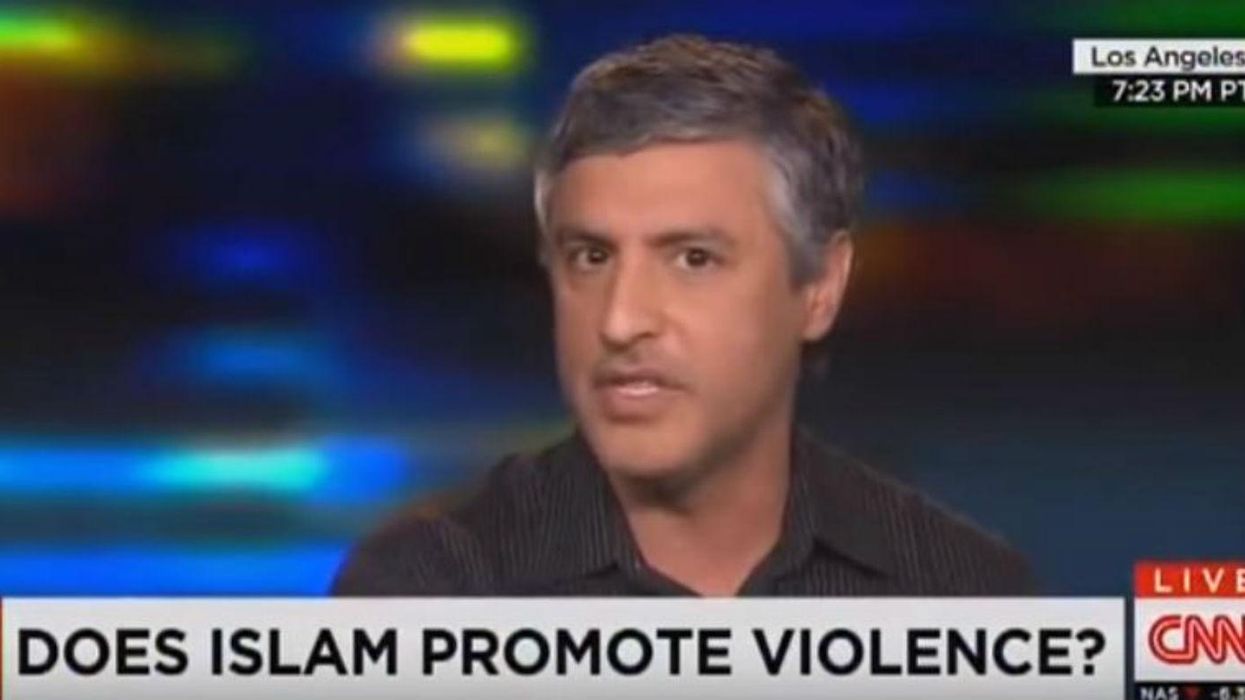News
Indy100 Staff
Nov 14, 2015

When Charlie Hebdo and a Jewish supermarket in Paris were attacked at the beginning of this year by al-Qaeda, the world mourned for the dead - but many were quick to assign blame in the wrong places.
Every time a jihadist terror group carries out an atrocity, there are demands for the Muslim community at large to apologise for the actions of a few deranged individuals.
Sadly, in the wake of the Isis attack in Paris on Friday, there has been mounting xenophobic sentiment directed at Europe's Muslims and the incoming flux of refugees - who are fleeing the same barbarians in their home countries.
Time and time again, we seem to come down to the same question.
Reza Aslan, an academic at the University of California, was asked 'Does Islam promote violence?' when he was interviewed on CNN last September about female genital mutilation in "Muslim countries".
And luckily for everyone, he nailed exactly why making generalisations about Muslims is so impossible:
This is the problem. These conversations that we’re having aren’t really being had in any kind of legitimate way. We’re not talking about women in the Muslim world, we’re using two or three examples to justify a generalisation. That’s actually the definition of bigotry.
The problem is that you’re talking about a religion of one and a half billion people... and certainly it becomes very easy to just simply paint them all with a single brush by saying, ‘Well in Saudi Arabia women can’t drive,’ and saying that’s representative of Islam. That’s representative of Saudi Arabia.
More: This tweet during the Paris terror attacks shows how 'kindness spreads faster than hate'
More: The senselessness of blaming refugees for the horrific attacks in Paris
Top 100
The Conversation (0)













